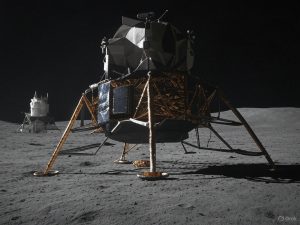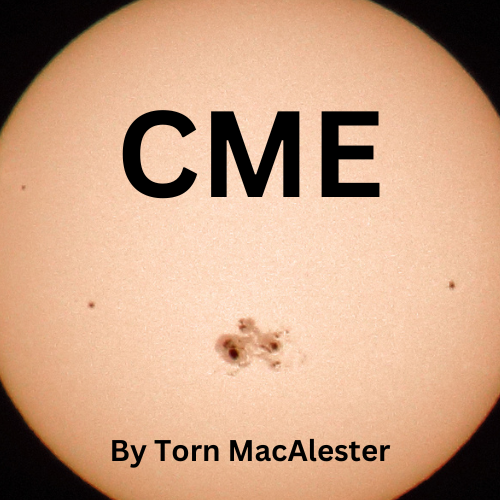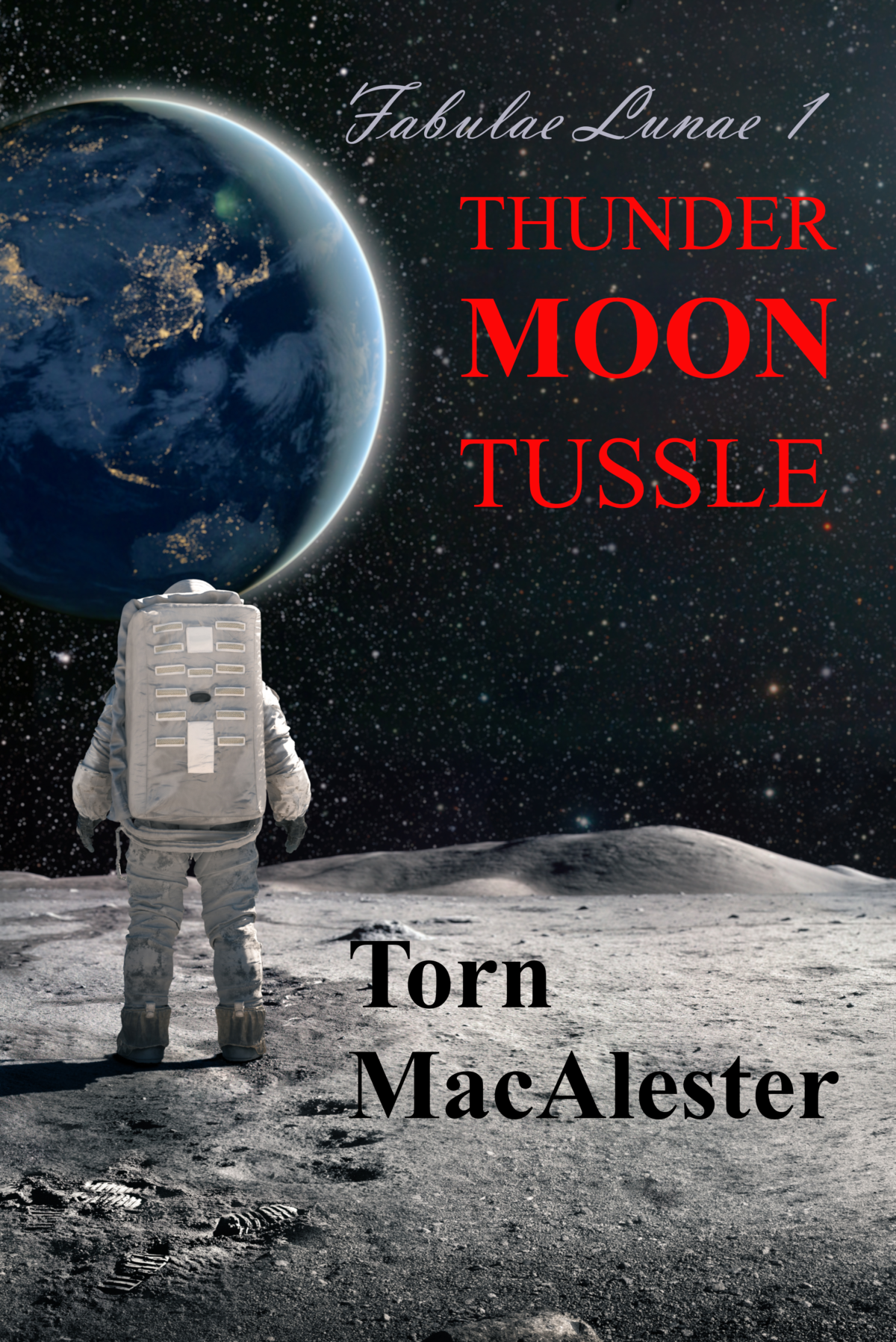
Steamboat (Lunar Lander from “Golf and Outgassing”): This is the primary spacecraft used by Annie MacInturner and Milton Johnson for their mission in the Fra Mauro region. Steamboat is a modern lunar lander designed for a two-day surface stay. It comprises a descent stage, which remains on the lunar surface (similar to Apollo landers), and […]







